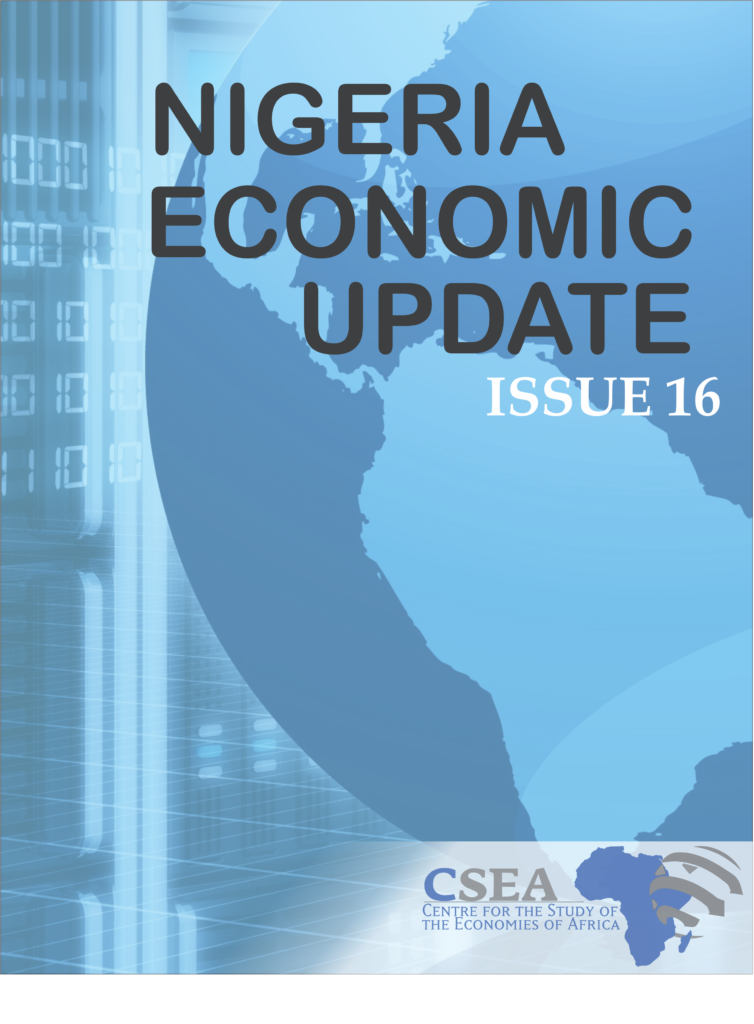The World Economic Outlook report, recently released by the World Bank, reduced its growth projection for Nigeria to 2.1 percent in 20181, from 2.5 percent2. The new growth projection is considerably lower than the 3.5 percent 2018 growth rate projected by the federal government of Nigeria. However, at 2.1 percent, the growth is a significant improvement from actual 2017 growth rate of 0.83 percent; and this outlook has been hinged on improving oil prices, revenue and production, and foreign exchange measures that contribute to better foreign exchange availability.
Macroeconomic Report & Economic Updates

March 8, 2018
Nigeria Economic Update (Issue 16)
The World Economic Outlook report, recently released by the World Bank, reduced its growth projection for Nigeria to 2.1 percent in 20181, from 2.5 percent2. The new growth projection is considerably lower than the 3.5 percent 2018 growth rate projected by the federal government of Nigeria. However, at 2.1 percent, the growth is a significant […]
Read →
Related
Nigeria Economic Update (Issue 30)
Power sector analysis shows an increase in
power generated by 3.01 percent from 2903.5mw to 2991.8mw between July 1, 2016
and July 8, 2016, with a peak of 3260.8mw on July 5, 2016. This is
however, still below the highest (5074.7mw) recorded in February, 2016. The
increase reflects improved use of hydro (water) for power generation.
The easing out of gas constraint occasioned by recent pipeline repairs have
also contributed to the increase in power generation. Improvements in power
generation would be sustained if hydro measures are complemented with
fast-tracked repairs on damaged gas channels and intensified efforts at
tackling pipeline sabotage.
Nigeria Economic Update (Issue 43)
Crude oil prices have sustained upward increases for the past few weeks in October. While upward trajectory of crude oil prices is expected to be sustained in the short term in line with OPECs production cuts deal expected to run until March 2018, it is important to note that crude oil prices would remain volatile. The Nigerian government therefore should take advantage of periods of high revenue from crude oil exports to develop other sectors (such as Agriculture, Manufacturing and Services sectors) of the economy as key exporting and revenue generation sectors, and thus minimize volatility risks
